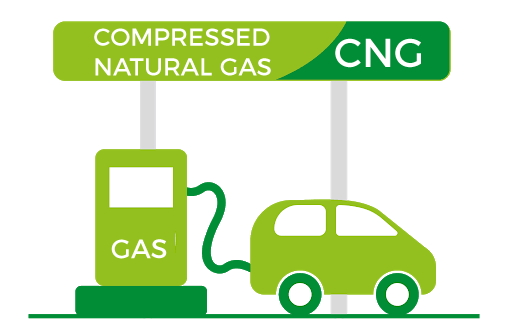FG ramps up deployment of CNG infrastructure – Official
2024-11-06
By Salif Atojoko The Federal Government is increasing investments and deployment of Compressed Natural Gas (CNG) infrastructure across the country with over 100,000 vehicles already converted from petrol to CNG. Mr Michael Oluwagbemi, Project Director/CEO, Presidential CNG Initiative, said this in a statement on Wednesday. “To date, over 100,000 vehiclesContinue Reading











